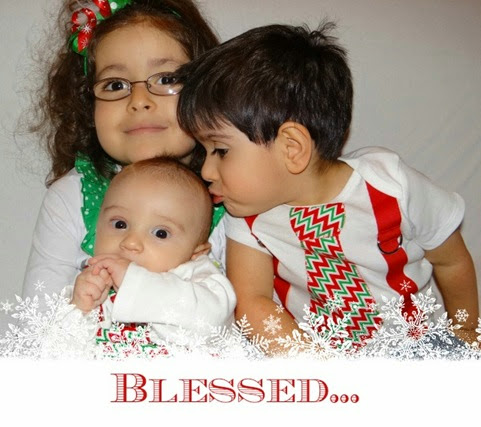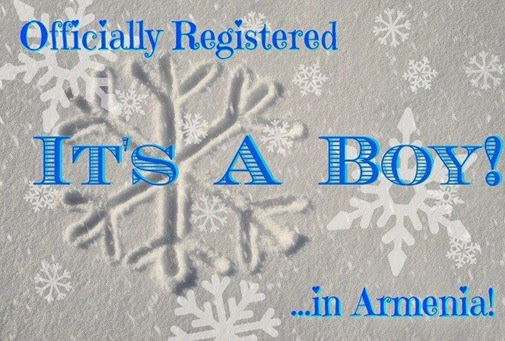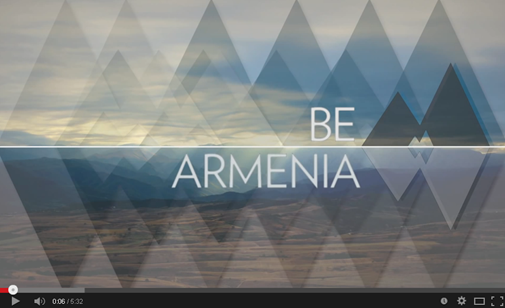Wednesday, December 31, 2014
Thursday, December 11, 2014
Burmese Nunnery Saved 200 Girls From Sex Slavery
Source: https://www.yahoo.com/travel/this-burmese-nunnery-saved-200-girls-from-sex-104866030402.html

The nunnery is a safe place in a country where poor girls have very little hope for a safe future. (Andrew Rothschild for Yahoo)
Buddhist nuns are everywhere among the streets of Myanmar — of all different ages, some as young as 5. Dressed in pink loose-fitting shirts and pants with orange scarves, they have shaved heads and rely on alms to pay for their schooling, food, housing, and other basic needs.
Monks don’t have the same economic handicaps. The large temples pay for their needs, but that’s not surprising. In Myanmar, being a woman is hard, more so if you are poor and live in the north of the country, where tribes are still battling the government.
Wednesday, December 10, 2014
Which Begs The Question: Why are we exporting our own broken model of Foster Care to other countries with even less resources than the US?
Source: http://www.miamiherald.com/opinion/op-ed/article4371831.html
By Nelson F. Hincapie
For too many years, Florida’s child-welfare system has failed to protect the most vulnerable in our community — children.
Just a few days ago, CHARLEE, one of the oldest providers of foster-care services in Miami-Dade County, ceased to function as full case-management agency. As a result, hundreds of children probably will be in limbo in terms of their placements, case workers, adoptions and anything else that CHARLEE was doing for them.
Every child deserves to grow up in a loving and safe environment, although that it doesn’t happen. Many times it is not because parents don’t want to love their children, but because they cannot. It has been my experience that many of the children who end up in foster care today come from homes where the parents themselves were part of the foster-care system. They are naturally incapable of giving something they have never had.
I knew that we had failed our youth when Christopher looked me straight in the eye on the day he turned 18 and said, “I never thought I would make it to 18.”
Monday, December 8, 2014
Wednesday, December 3, 2014
Be Armenia.
Currently there is growing global movement of Diasporan Armenians repatriating to Armenia. Individuals from all professional spheres are choosing to work, live and thrive in the modern landscape of Armenia. By bringing their talents and professional experiences to Armenia they are positively impacting the direction of this young Republic’s future. This short documentary shares the insight of those individuals who have chosen to BE part of the changing narrative of Armenia through their professional careers. They are the individuals who see opportunities in the challenges, pioneer initiatives and envision a country of like-minded professionals setting a new standard of Armenia on the global stage.
How International Adoption Can be Wholly Misunderstood
Source: http://news.yahoo.com/us-couple-cleared-daughters-death-leaves-qatar-121649335.html
By Abdullah Rebhy
DOHA, Qatar (AP) — An American couple cleared of charges in their adopted daughter's death left the Gulf Arab nation of Qatar on Wednesday, leaving behind them a nearly two-year saga that ended with a court ruling absolving them of any wrongdoing.
The Los Angeles couple, Matthew and Grace Huang, caught international attention after they were arrested in January 2013 on murder charges following the death in Qatar of their 8-year-old daughter Gloria, who was born in Ghana.
How not to be "THAT" American Traveler
Source: https://www.yahoo.com/travel/how-to-spot-an-american-in-an-airport-104190326577.html
By Sid Lipsey
It doesn’t take a red, white, and blue suitcase and a T-shirt reading “God Bless the USA” to flag someone as an American — especially in a foreign airport. We Yanks tend to stick out. Not that that’s necessarily a bad thing; we love it when people walk up to us when we’re traveling overseas and ask, “Are you American?”
But a lot of times, they don’t even have to ask. We say and do things in airports that out ourselves immediately as residents of the Land of the Free.
Here are the top 10 ways to spot Americans in an airport.
Read more.Monday, December 1, 2014
Naming Traditions
What's In A Name?
Article by Helen Akinc, Kybele, Inc
 In different parts of the world, how a baby is named follows a variety of traditions. In parts of Africa, babies may be named according to when they were born (day of the week) or where they were born (on a journey or Ghana or Nigeria). In many cases parents name their babies, or give them their first name and the last name is the family surname. Grandparents may have the honor of naming their grandchildren in some cultures.
In different parts of the world, how a baby is named follows a variety of traditions. In parts of Africa, babies may be named according to when they were born (day of the week) or where they were born (on a journey or Ghana or Nigeria). In many cases parents name their babies, or give them their first name and the last name is the family surname. Grandparents may have the honor of naming their grandchildren in some cultures.
The namakaran ceremony is a Hindu tradition done usually on the twelfth day of a baby’s life, if at all possible. It involves a gathering of the parents, family members and close friends and the baby’s name is whispered into the infant’s ear in a special ceremony. The parents and baby are showered with blessings and gifts.
Kevin Barry, in his blog, Irinajoyinbo, describes the Yoruban baby-naming ceremony, Isomoloruko, of his Nigerian host family in which he participated. It took place a few days after the baby was born and involved close family and friends gathering together. He described how the baby was passed around, with people offering blessings and prayers. Grandparents as well as others offered suggestions of names as well, and he remarked that it is common for as many as ten names to be suggested. The name that the parents use most often becomes the one that remains, although an elder may continue to use the name he or she gave to the child. Money is also given and a feast is part of the ceremony. Names have meanings and may describe the circumstances of the birth or a wish for particular blessings or strength or wealth.
According to Caroline Mensah in the blog, MeFiriGhana Ghanaian naming ceremonies take place on the 8th day after a baby’s birth. The baby is given two names, one a “soul” name which corresponds to the day of the week the baby was born. The baby will also receive a formal name, which relates to the purpose and ideals seen as the child’s individual destiny. Prayers and blessings are given to the child. In some traditions, two cups are used. One is filled with water and the other with a strong tasting drink, like wine. The baby tastes a finger dipped into each and is taught that water is water and wine is wine.
Rabbi Andrea Frank, in her website, the Jewish Wedding Rabbi, describes naming ceremonies. Boy babies are traditionally named on the 8th day after birth, when they are circumcised as well. This ceremony, called “Bris” takes place at home. It is celebratory and the parents will usually give the child two names, their Hebrew name as well a secular name. The Hebrew name is chosen very carefully as it often honors people in the family or religious history and places the child firmly in the community. For girls, the ceremony is called Brit Bat “welcoming the daughter to the covenant” or Simchat Bat “celebration of the daughter”.
In many parts of the world, surnames as we know them in many parts of the West are not always used and so the name given to a child may designate his or her place in the birth order, a designation of a particular clan, or other factors deemed important. In some cultures, it is considered bad luck to name a person after another person. In other cultures, it is an honor to do so. How did you get your name?






